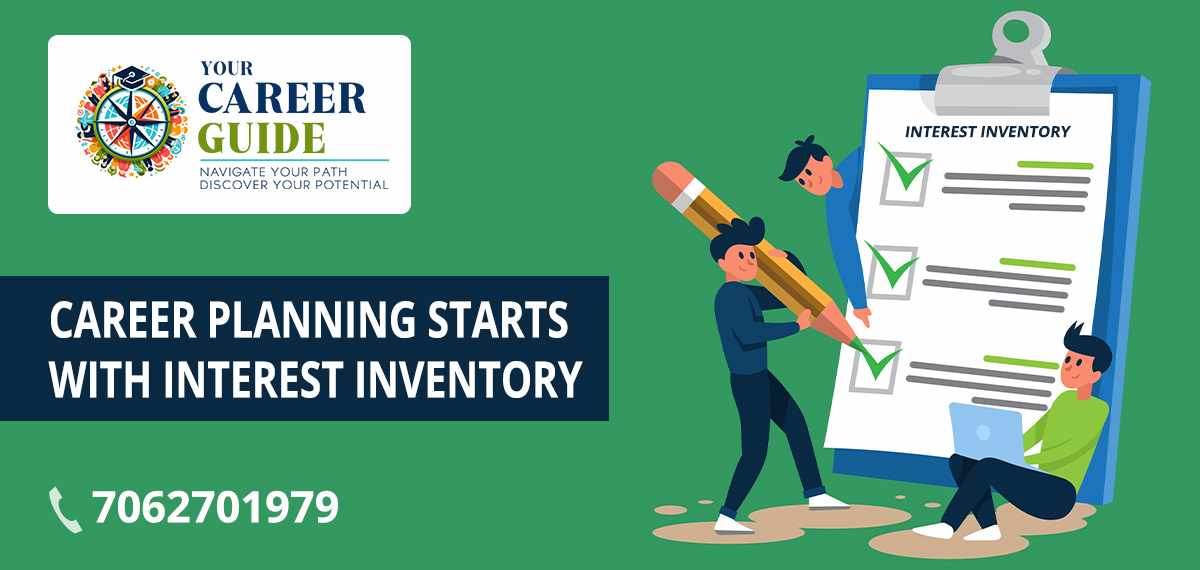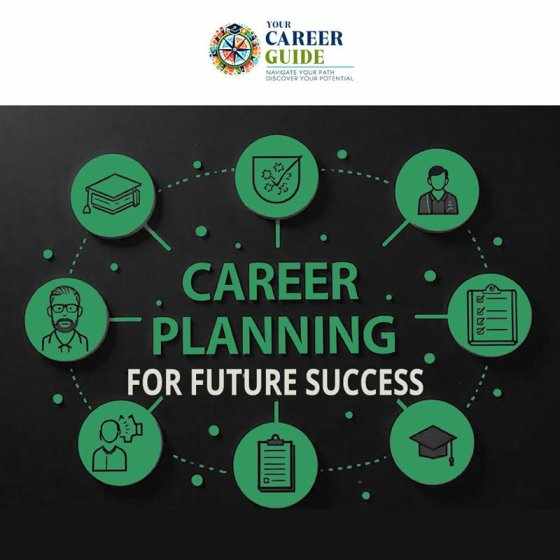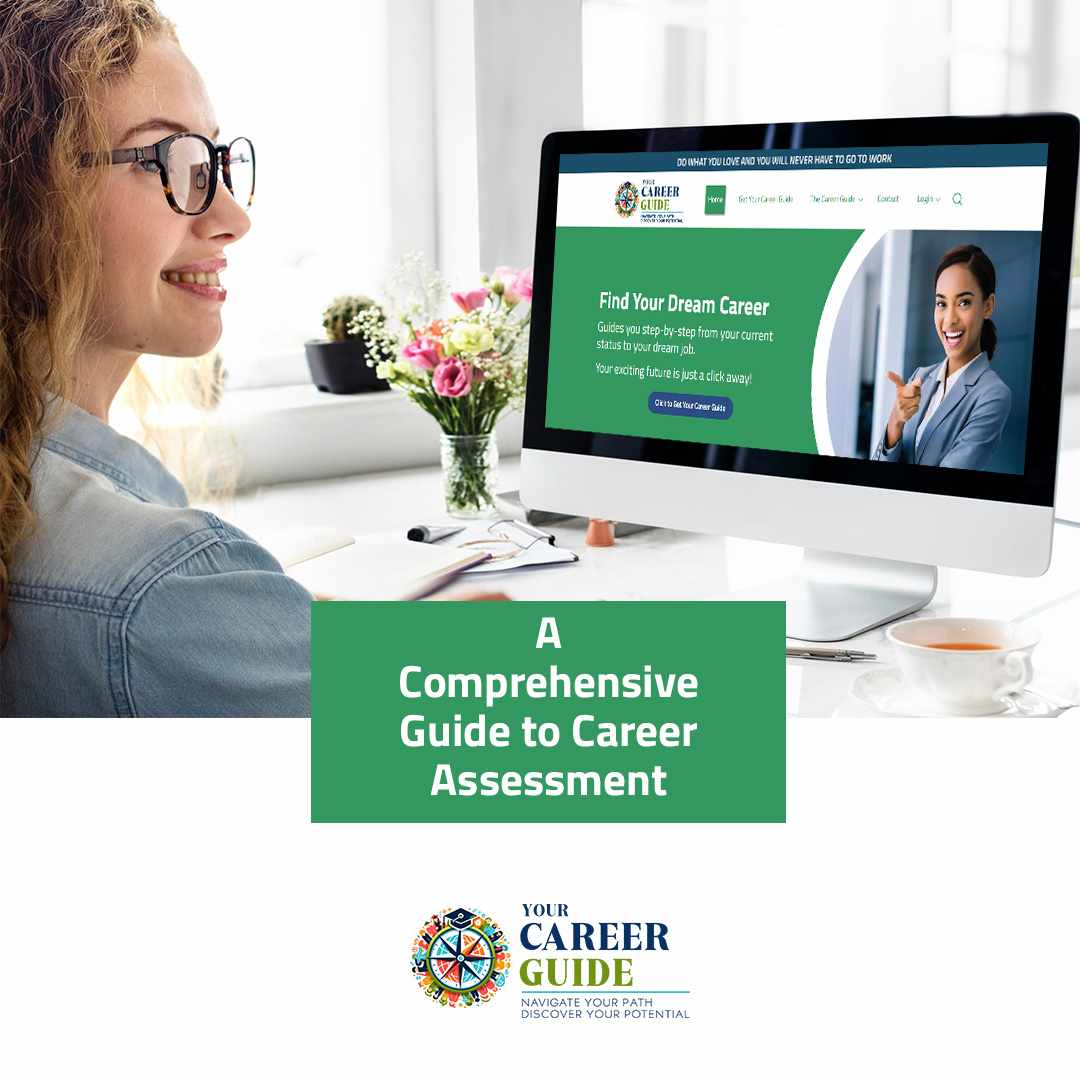
Choosing the right career path is a significant step that affects nearly every aspect of our lives—from financial stability to personal fulfillment. Yet, many people make this decision without fully understanding their own interests. One powerful way to approach this process is by using an interest inventory to guide your thinking. It’s not just about what you're good at, but also about what excites and motivates you.
Understanding your interests is a core part of effective career planning. When you align your natural preferences with your professional goals, you’re more likely to choose a career that keeps you engaged and satisfied in the long run. Interest inventories help uncover patterns in what you enjoy, which directly influences smarter and more suitable career choices.
Why Interests Matter in Career Planning
At its core, career planning is about making thoughtful decisions based on who you are and where you want to go. It’s a process that takes into account your goals, values, and life circumstances. But one of the most overlooked areas in this process is personal interest.
Interest is what keeps you motivated to learn, grow, and stick with a profession even when challenges arise. If you select a career simply because it's popular or pays well, but you have no real passion for it, the chances of long-term satisfaction are low. On the other hand, when your interests align with your career, you’re more likely to find purpose and enjoyment in your work.
An Interest Inventory helps you explore these personal likes and dislikes, giving your career plan more depth and direction. It becomes a reflection of what genuinely engages you—not just what you think you "should" do.
Making Smarter Career Choices
When students, job seekers, or career changers use interest inventories early in the decision-making process, they often make more informed and confident career choices. That’s because they’ve taken the time to explore who they are before jumping into what’s available.
A smart career decision isn’t just about opportunity—it’s about fit. For example, someone who enjoys working with people and solving problems may thrive in customer service, education, or healthcare. Meanwhile, someone who prefers hands-on tasks and building things may feel more fulfilled in construction, engineering, or skilled trades.
Using your interests as a starting point not only narrows down the options but also opens doors to careers you may not have previously considered. This proactive approach to decision-making leads to smarter, more focused steps in your career guide.
Career Suitability: The Key to Long-Term Success
One of the most common reasons people switch careers is because their first choice wasn’t the right fit. This is where the concept of career suitability becomes important. A job may look appealing on the surface, but if it doesn’t align with your natural preferences, it might not be sustainable.
Career suitability means that a job not only matches your skills and qualifications but also feels right in terms of your day-to-day responsibilities, work environment, and long-term goals. An interest inventory contributes to understanding this fit by helping you reflect on what kinds of work you naturally gravitate toward.
For instance, if you enjoy creative expression, you might feel more suitable in careers involving design, writing, or the arts. If you find satisfaction in organizing systems or managing details, you might thrive in administrative or project-based roles. Recognizing these tendencies early on leads to more accurate and sustainable career matches.
A Career Guide Starts with Self-Awareness
No career guide is complete without a strong foundation in self-awareness. While exploring industries, job markets, and qualifications is important, none of it will make sense unless you understand what you actually want.
Interest inventories provide that starting point. They force you to pause and think about what drives you—not just what you’re capable of doing. This reflection leads to clarity. And with clarity, the path ahead becomes easier to navigate.
When your career planning process is centered around your authentic interests, you’ll not only find it easier to make decisions—you’ll be more confident in them. That confidence can fuel better performance, higher job satisfaction, and more meaningful professional relationships.
Final Thoughts
In the world of career choice, there’s no one-size-fits-all answer. Every person is unique, and so is their career journey. By beginning with a thoughtful review of your interests, you position yourself to make smarter, more aligned decisions that lead to long-term success and fulfillment.
Interest inventories don’t dictate your future, but they help guide it. When used as part of your career planning process, they connect who you are today with who you want to become. They improve your understanding of career suitability and point you toward roles where you can thrive—not just survive.
Frequently Asked Questions (FAQ)
1. What is an interest inventory?
An interest inventory is a self-assessment that helps individuals identify their preferences in work-related activities. It plays a crucial role in career planning by aligning personal interests with potential career paths.
2. How does an interest inventory improve career choice?
By revealing what activities and environments you naturally enjoy, an interest inventory narrows down options to more suitable fields. This helps you make smarter, interest-driven career choices rather than relying on trends or external pressure.
3. Why is self-awareness important in career planning?
Self-awareness allows you to understand your strengths, interests, and values. When you know yourself better, your career planning becomes more effective and focused, increasing the likelihood of long-term job satisfaction.
4. Can interest inventories predict the perfect career?
Not exactly. Interest inventories are career guides not guarantees. They help you explore options that are likely to suit your preferences, but you still need to research and experience those careers before committing.
5. What’s the difference between career choice and career suitability?
Career choice refers to the decision you make about which profession to pursue. Career suitability measures how well that profession fits your interests, personality, lifestyle goals, and long-term ambitions.









Write a comment ...